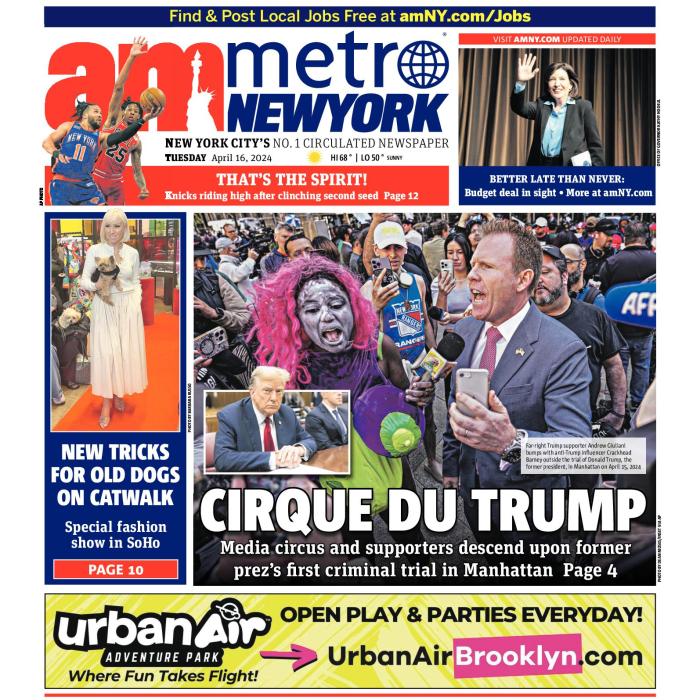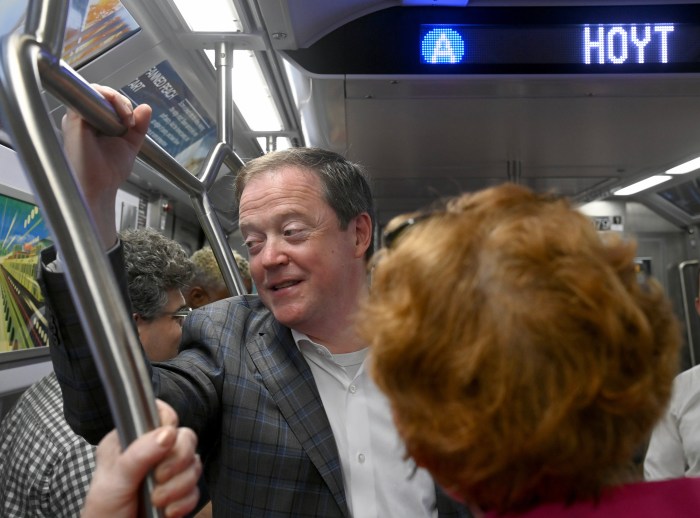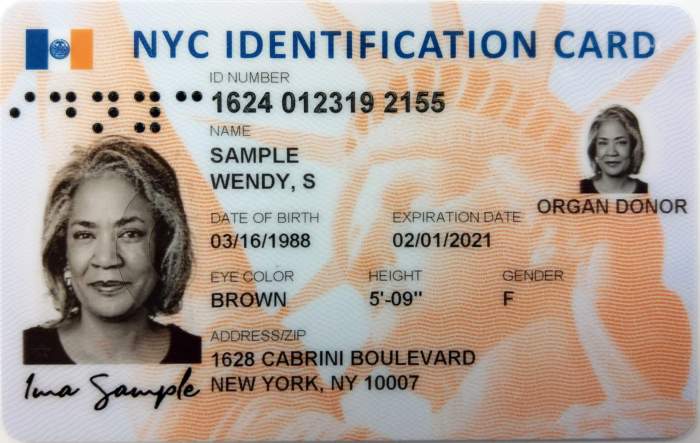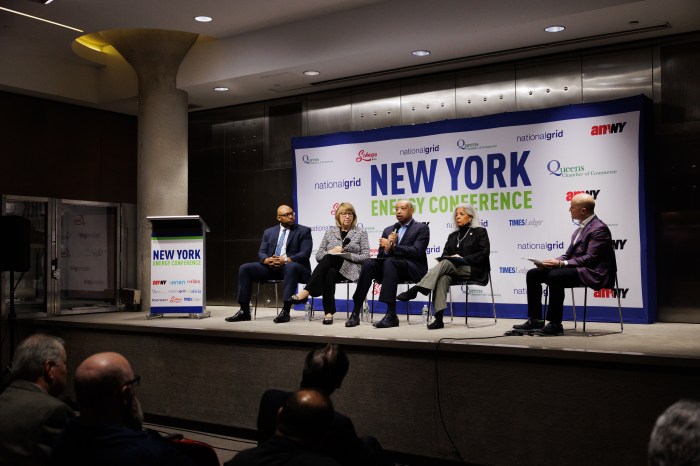BY ROB HOLLANDER | Back in pre-revolutionary New York, land owners took great care for their properties, prioritizing the quality of the living spaces that they allowed to be built on their land. Henry Rutgers required that no second house-in-back be built on his lots because only riffraff would rent a back house, and riffraff would ruin the neighborhood.
When the first urban slums appeared around 1820, the landowner — now at a safe distance — allowed back houses, no longer caring about the future of the neighborhood. (You can still see those back houses in Chinatown and in the East Village. Look past the garden at the southeast corner of 13th St. and Avenue B, and you’ll see a row of back houses.)
When the land or property was not fit for the owner to live there, it became a commodity to rent. Sacrificed for expediency, the quality of living space declined as the slum grew more densely populated. The goal was to maximize profit by packing in as many immigrants as possible with the fewest amenities necessary: The tenement, the first apartment house, commodified living space. The landlord, of course, lived in a townhouse, civilized and remote.
Ownership from afar has profound and pervasive consequences for those who rent in New York. To the extent that the apartment building is the characteristic residential structure in New York, ownership from afar has defined the entirety of residential New York City.
The ownership species in the city has evolved as individual persons have been replaced by corporate persons. The clear trend in our neighborhood has been toward corporate ownership. We saw it before the recession with “predatory equity” — corporations that bought a portfolio of properties with the express intent to evict and upscale. We see it more recently with Ben Shaoul’s Magnum Real Estate, perhaps the most widely hated landlord in the East Village. It seems as if everyone in the neighborhood has a Shaoul story or has heard one.
Now Ben Shaoul has sold a large portfolio of buildings to Jared Kushner, who is married to Donald Trump’s daughter, Ivanka. The buildings include 201 E. Second St., 23 Avenue A, 191-193 Avenue A, 211 Avenue A, 49 1/2 First Ave., 129 and 143 First Ave., 338-340 E. 11th St., 500 E. 11th St., 435 E. 12th St., 504-508 E. 12th St., and 516-518 E. 13th St. And If Shaoul’s corporation is big, Kushner’s is megabig.
Distance can be measured not only in miles but also in bureaucratic levels, layers, offices and titles. The larger the corporation, the further from the consumer or client. How will this new super-remote corporate ownership affect the tenants?
Kushner is also owner of the New York Observer, a reputable political newspaper, the salmon-colored paper on the newsstands. That might make him a bit more vulnerable than Shaoul — the owner of a media outlet has a stake in his public profile. Shaoul occasionally complained about his bad press, but it never slowed him down.
Vulnerability notwithstanding, the tenants are worried, justifiably. They’ve created a hyperlocal tenants association, tenants from all the newly bought buildings, a super-tenant association. And they have allied with a local movement — called NO 7-Eleven — to resist the corporate commerce that Shaoul brought into his properties.
The danger of ownership from a distance applies to commerce as well. Shaoul had a landlord’s preference for chain stores and franchises, Starbucks and the biggest franchiser in the world, 7-Eleven. Corporate stores can pay more rent than individual stores. Giant corporate stores not only can pay higher rent, they are less likely to fail, and so are more reliable renters. Shaoul evicted the coffee shop The Bean on E. Fourth St. just to rent the space to yet another, larger corporate cafe, Starbucks.
Shaoul also cottoned to 7-Eleven. The projected 7-Eleven on 11th St. and Avenue A, target of community outrage as you’ve no doubt seen in the news, on the blogs and in the streets — that is in one of Shaoul’s buildings, and now it belongs to Kushner. It’s no coincidence that the organizer of the hyperlocal Kushner tenants association is also an active member of NO 7-Eleven. Both groups intend to support each other, feed each other, and use each other as leverage on the new landlord. So there will be high-profile pressure from multiple sources.
The struggle against nonlocal, corporate-giant control of our streets will soon meet the mayoral and City Council elections. Coming after 12 years of an administration that treated the city as a business rather than a conglomeration of communities with people in them, and pushed rezonings to gentrify every inch of real estate, the call for local community voice in land use and commercial character will be loud and angry. And might actually be heard.

















